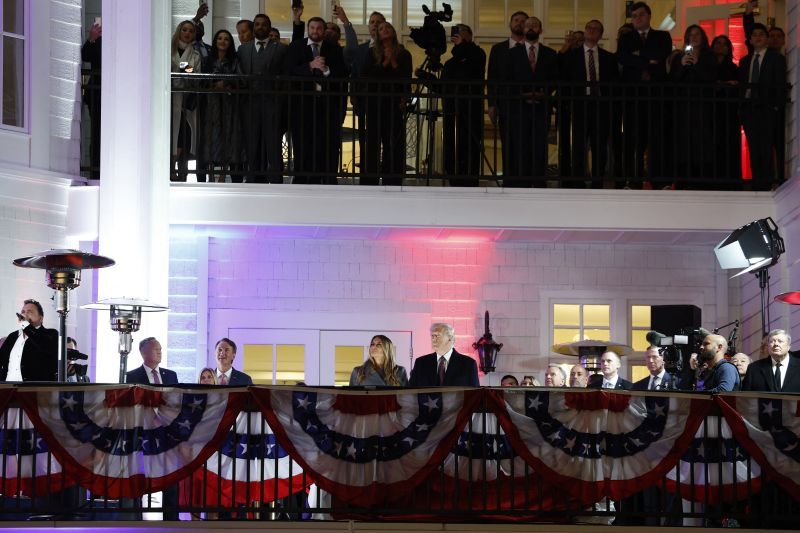
A trade war with the United States “is very likely” under the presidency of Donald Trump, with negative consequences for activity and prices, warned a senior official of the European Central Bank (ECB) on Sunday.
Tariffs have played “a central role in the communication of Donald Trump," who will be inaugurated president on Monday.
Consequently, “it is very likely that a trade war will break out," says ECB Executive Board member Isabel Schnabel in an interview on the Youtube channel of German financial advice website Finanztip.
Donald Trump plans to impose 25% tariffs on all products from Mexico and Canada from January 20, citing the fight against the entry of drugs and migrants.
China, already targeted during his first term in office, could also see a 10% tax increase.
The Eurozone is also in his sights, particularly Germany, which has the highest trade surplus with the United States.
For the eurozone, these duties could lead to higher prices, especially if Europe responds with retaliatory measures, all leading to “higher import prices," explains Schnabel.
For the time being, she warns, the current uncertainty is “poisonous for the economy," slowing down consumption and investment.
As a general rule, tariffs lead to prosperity losses on a global scale, according to the central banker: while globalization has brought significant wealth gains to Europe, “we may now have to prepare to see at least some of these gains reversed," she tells the financial advice site.
Despite this threatening backdrop, the ECB is “on track” to achieve its 2% inflation target, assures Schnabel, which should enable the institute to continue cutting rates, the next opportunity being at the end of January.
After four rate cuts since June, bringing its main key rate down from 4% to 3%, the ECB is approaching “the point where we'll have to look carefully at how far we can go," concludes the central banker, an advocate of rigorous monetary policy.
With AFP



Comments